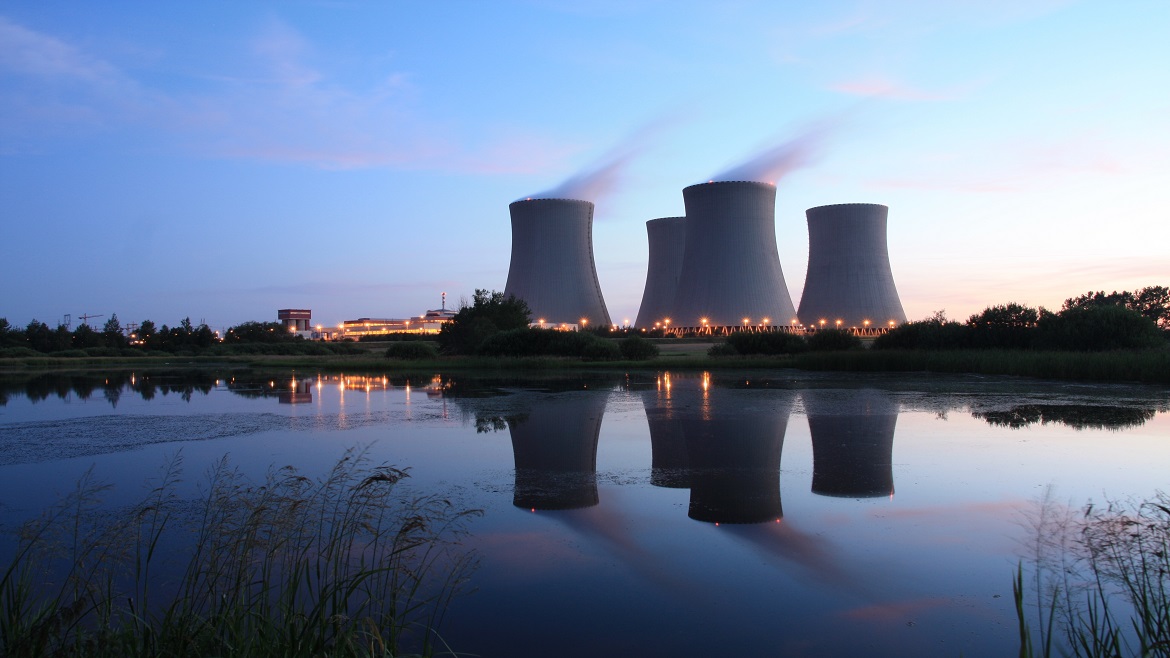According to the International Energy Agency’s World Energy Outlook Report for 2013, oil represents 33% of the global energy mix in the world today. This has come down from 43% in 1980. Gas demand will rise by almost half to 2035 and this is going up. Five countries represent roughly 65% of the total gas supply in the world, with only three countries covering a third of the world’s oil production. With strong energy demand growth expected in the decades to come, this will lead to important new geopolitical consequences. If we want our energy evolution to be sustainable from an economic, security of supply and environmental point of view, we are heading towards sharper trade-offs in the near future.
Today the energy approach of governments is still very fragmented and politicians often believe that domestic, international and global agendas are incompatible or too difficult to align. According to Dr. Ivan Marten, Global Leader of the Energy Practice at The Boston Consulting Group the US has been struggling for years to get to a common energy approach as every state has its own stakes and with this a different perspective of what the future should be. Shale gas has totally changed the landscape and moved the US from being a gas importer towards being an exporter of gas, successfully addressing the three aspects of sustainability mentioned in an unexpected way.
Fast growing Asia has in recent years put a lot of emphasis on new trade agreements for its security of supply while oil imports in countries such as China continue to increase dramatically, reaching record highs in 2013. In contrast with global misconceptions, Beijing recognises that it needs to respond to climate and energy issues, accordingly it is investing heavily in green technologies. Today China is the world leader in clean energy investment ($54 billion in 2013 against total U.S. investment of $36.7 billion). Their projected production of 5 million electric cars by 2020 could very well open a cost reduction curve that we would all benefit from.
Europe seems to have lost all direction and is urgently looking for new solutions on how to go forward. Their previous lead in renewable environmental solutions was achieved at the detriment of huge costs, provoking the current discussion on how they will be able to finance any concerted European efforts in the future.
Europe aims at reducing their CO2 emissions by 80-95% by 2050 (from 1990 level) in order to achieve a resource-efficient and climate friendly low carbon economy. However, market situations within Europe are very different. Decarbonizing Poland’s power sector will be a massive challenge with coal accounting for 55% of Polish primary energy supply and 92% of electricity generation. In France over the past 12 months, the government has been drafting its ambitious energy transition plan thorough a national debate to get buy-in for its change away from the nuclear power focus since the 1970s. With many countries facing reforms of their regulatory frameworks on energy matters, changing support schemes, market access rules as well as new taxes and fees on renewables, a sustainable, common European market seems further away than it ever was before. On top of that, recent uncertainties following Russia’s involvement in the Ukraine force Europe to reconsider issues around security of supply which may be difficult to solve on the short term.
According to Henri Malosse, President of the European Economic and Social Committee, an advising body to the European Institutions, the debate around energy security is purely political and the European drive for renewables is exaggerated, simply impossible to subsidize on the long term. For him energy efficiency is priority number 1 because it could create millions of jobs, something Europe is desperately looking for. One way to increase efficiency is by combining demand response with financial incentives that are mainly focused on private energy users and SMEs who can play a major role in projects around real estate renovation e.g. school buildings and private housing. Within a Europe that has fragmented views on energy policies, this is at least something that could be decided on fairly quickly.
Globalization has brought us many good things but maybe it has also taken us by surprise. In the fields of climate change and energy management, however, the EU Institute for Security Studies’ Energy Moves and Power Shifts Report of February 2014 agree that we are not making much progress. Global energy governance mechanisms are ill-equipped to handle the energy world of the future. Perhaps it is because we are organized in 200 or so nation-states today, with governments that make rules, and politicians who behave as if every country was an island that existed blissfully and independently of all the others on its own little planet.
We clearly need to change and find ways of encouraging countries to start working together for the sake of global solutions. I want to live in an open and sustainable country. I hope that you do too…




